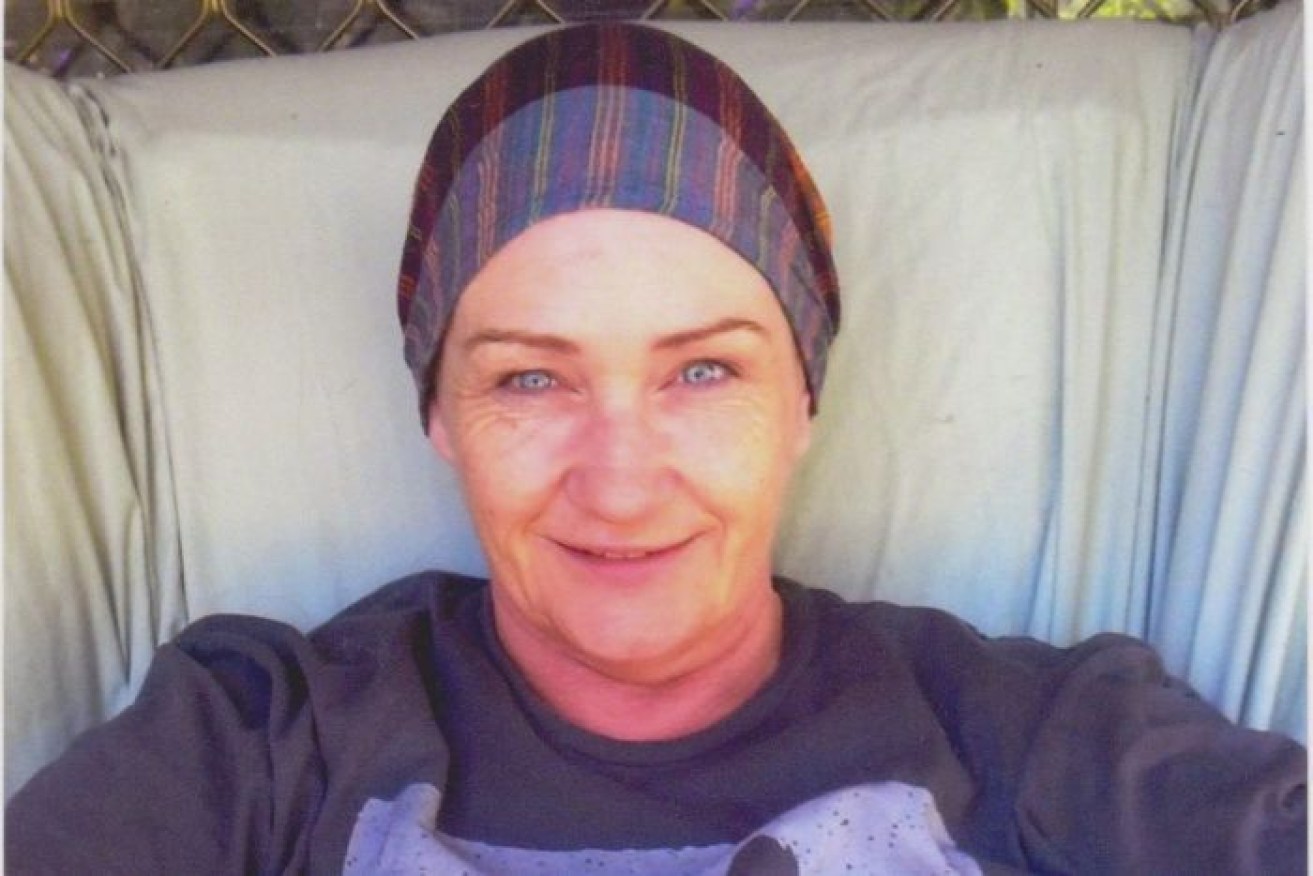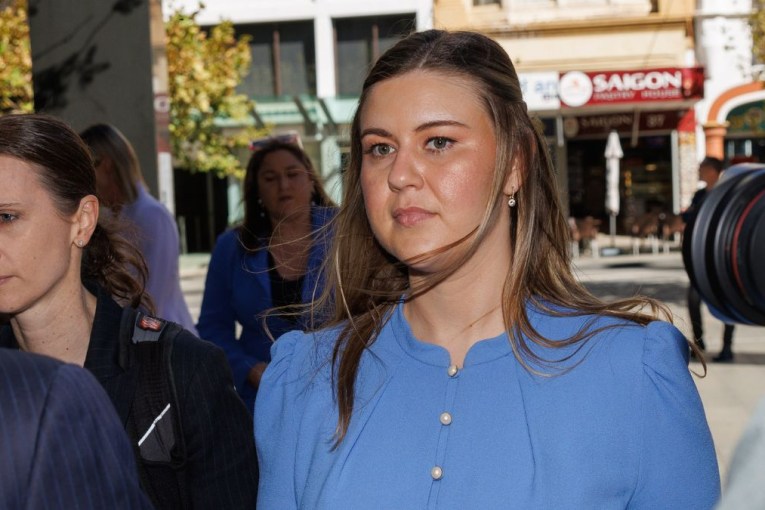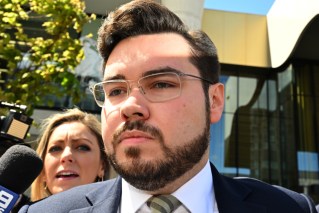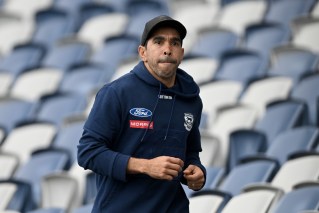Bendigo woman becomes first Victorian to use Voluntary Assisted Dying Act

Kerry Robertson died in a Bendigo nursing home in July. Photo: ABC
A Bendigo mother has become the first Victorian to use the state’s Voluntary Assisted Dying Act, with her daughters describing her death as “beautiful and peaceful”.
Kerry Robertson, 61, died in a nursing home in Bendigo on July 15 from metastatic breast cancer weeks after Victoria’s assisted dying laws came into force on June 19.
She was the first person to be granted a permit under the Voluntary Assisted Dying Act, and the first to use it.
Ms Robertson’s daughters, Jacqui Hicks and Nicole Robertson, told Go Gentle Australia: “It was a beautiful, positive experience.
“It was the empowered death that she wanted.”
Ms Hicks added: “We were there with her; her favourite music was playing in the background and she was surrounded by love.
“She left this world with courage and grace, knowing how much she is loved,” she said.
Ms Robertson was diagnosed with breast cancer in 2010.
Over time, it metastasised into her bones, lungs and brain.
The 61-year-old decided to stop treatment in March after the cancer spread to her liver and the side effects of treatment were no longer manageable.
“Mum has always been been brave, a real ‘Feel the fear then do it anyway’ mentality to life; it’s the legacy she leaves with us,” Nicole Robertson said.
“That was the greatest part, knowing we did everything we could to make her happy in life and comfortable in death.”
The assisted dying process took 26 days to complete and went smoothly, the daughters said.
Ms Robertson took the medication on the day it was dispensed by the statewide pharmacy.
“It was quick, she was ready to go. Her body was failing her and she was in incredible pain. She’d been in pain for a long time,” Ms Hicks said.
“Palliative care did their job as well as they could. But it had been a long battle. She was tired, the pain was intolerable and there was no quality of life left for her.”
Nicole Robertson described the process as the “most compassionate, dignified and logical option for those suffering in the end stages of life”.

Ms Robertson with daughters Jacqui Hicks (left) and Nichole Robertson. Photo: ABC
Minister honours Robertson’s ‘memory and bravery’
Minister for Health Jenny Mikakos said the first use of Victoria’s Voluntary Assisted Dying Act was “a historic moment”.
“The Victorian Parliament legalised voluntary assisted dying so that Victorians with an insufferable, terminal and incurable illness can have a genuine and compassionate choice at the end of their lives,” Ms Mikakos added, and thanked Ms Robertson’s family and friends for their bravery in sharing her story.
“Today we honour her memory and her bravery and we offer our sincere condolences to those who loved her.”
Ms Mikakos’s office said the Victorian government had put reporting structures in place to ensure the assisted dying system was as transparent as possible.
This includes regular reporting by the Voluntary Assisted Dying Review Board to the Victorian Parliament.
Only a small number of people were expected to seek access to voluntary assisted dying in the first year, it added, likely to be as few as a dozen.
A threshold in patient numbers must be reached before data can be accessed, Ms Mikakos’s office said.
This process was put in place to remove the risk of individual patient identification unless the families of those using the system choose to go public with their story, as was the case with Kerry Robertson.
The Voluntary Assisted Dying Review Board will review all cases of voluntary assisted dying deaths, Ms Mikakos’s office confirmed, adding it has already met to review Ms Robertson’s case.
Victoria’s Voluntary Assisted Dying Act passed parliament in 2017, with the support of Premier Daniel Andrews and the majority of his cabinet.
The laws were designed to be the most conservative euthanasia laws in the world, with patients required to meet strict criteria to be eligible.
This includes having a terminal illness with no more than six months left to live, or 12 months if the patient has a degenerative neurological condition.
To be approved, patients must initiate a conversation with their doctor, see a second doctor specialising in their illness and make three requests.








